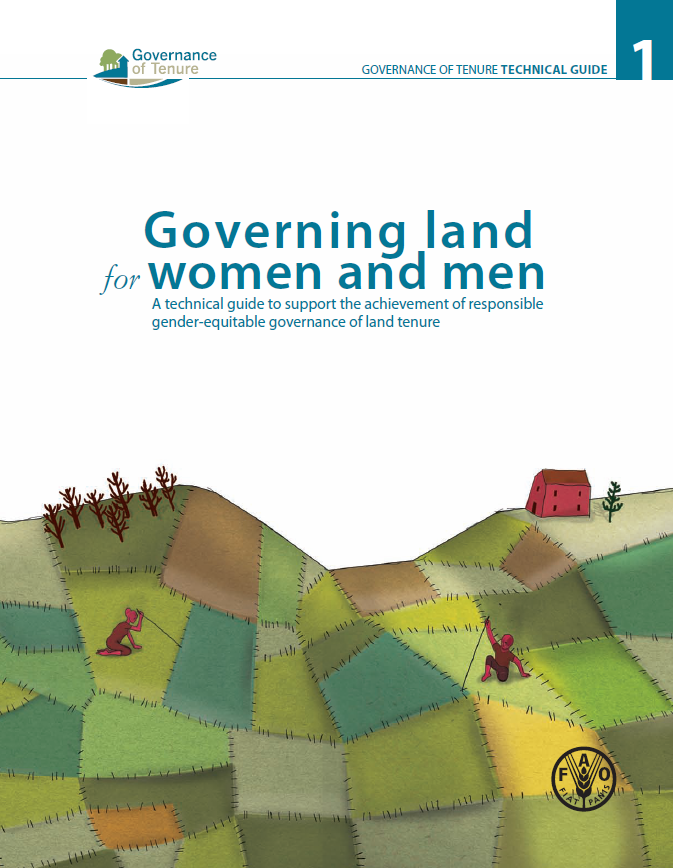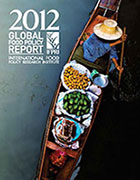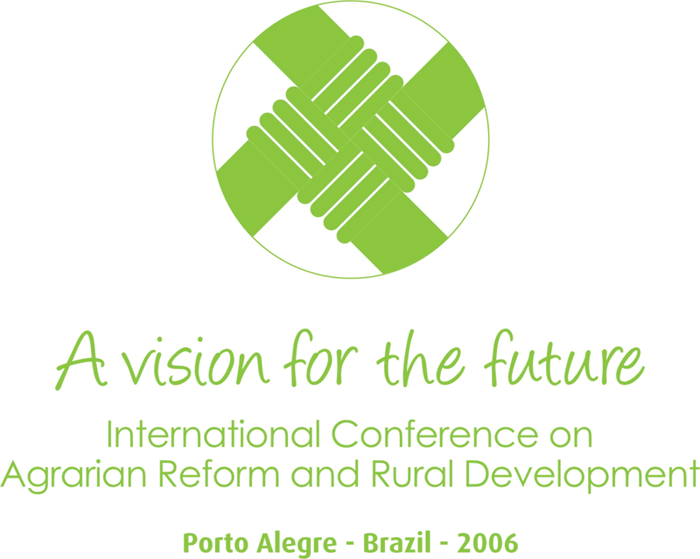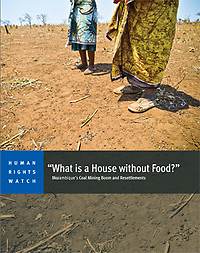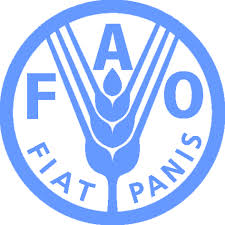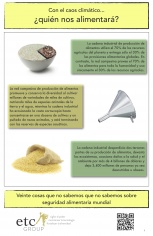Governing Land for Women and Men- A Technical Guide to Support The Achievement of Responsible Gender-Equitable Governance of Land tenure
[via FAO] This technical guide aims to assist implementation of the Voluntary Guidelines by providing guidance that supports the Guidelines' principle of gender equality in tenure governance. The guide focuses on equity and on how land tenure can be governed in ways that address the different needs and priorities of women and men. It moves away from long-standing debates about gender equality in access to land, towards the mainstreaming of gender issues to achieve more gender-equitable participation in the processes and institutions that underlie all decision-making about land.

